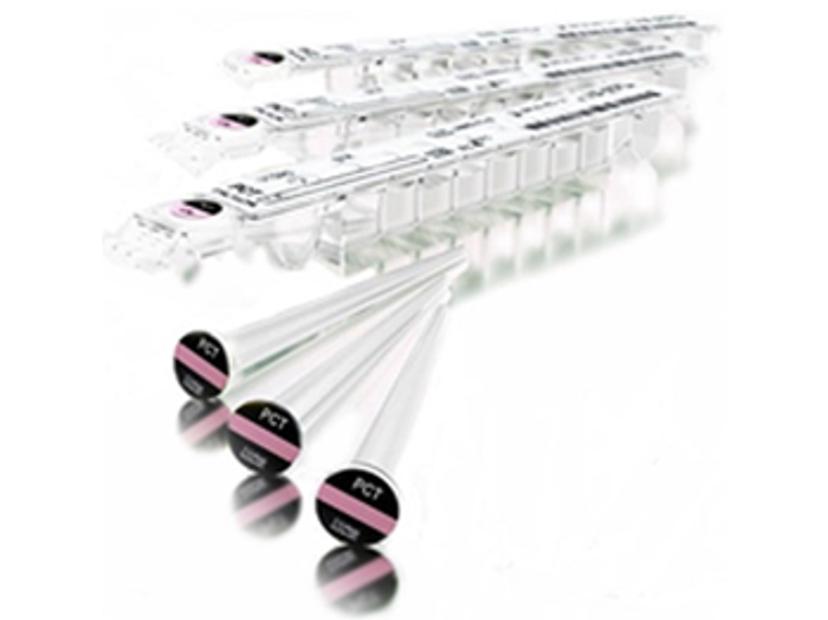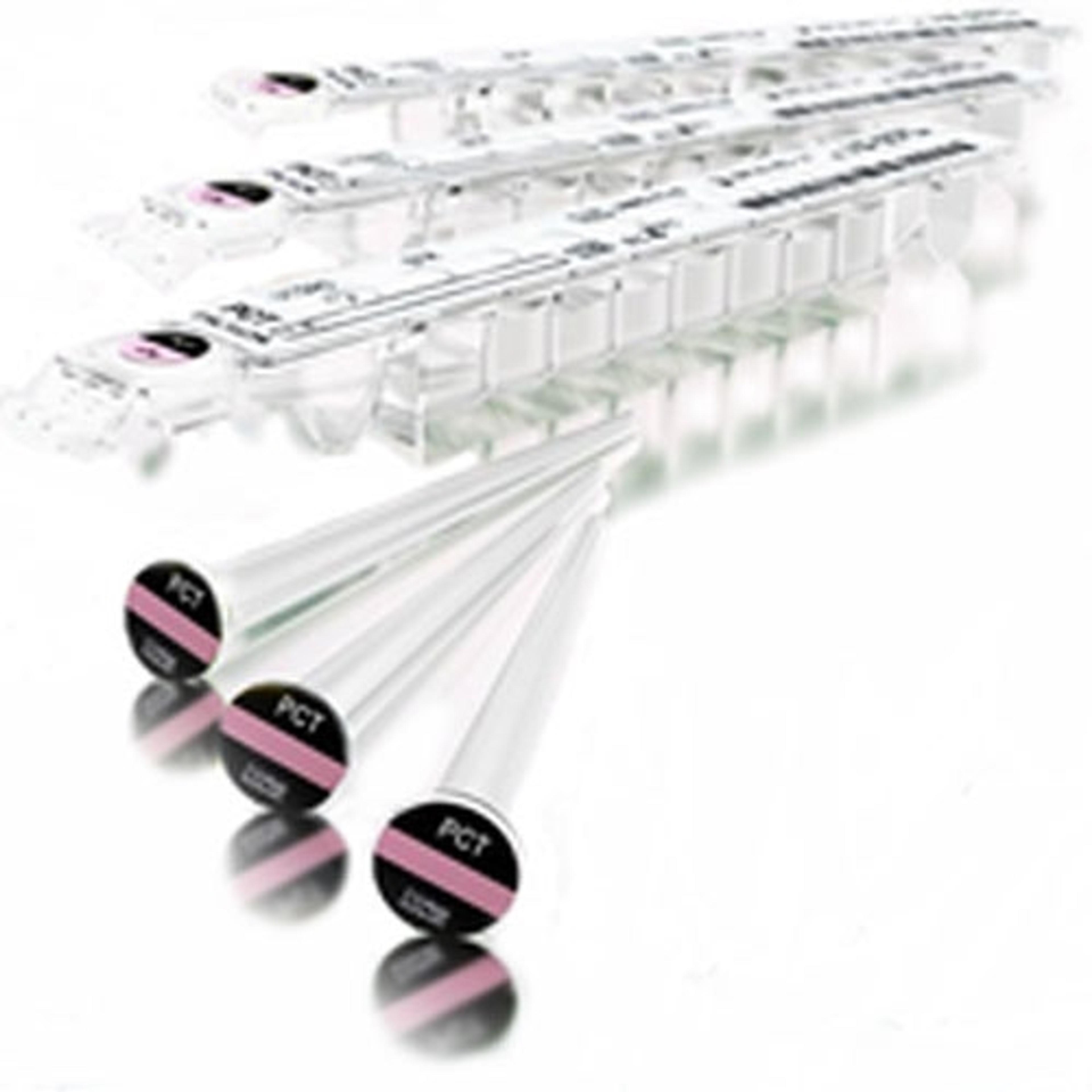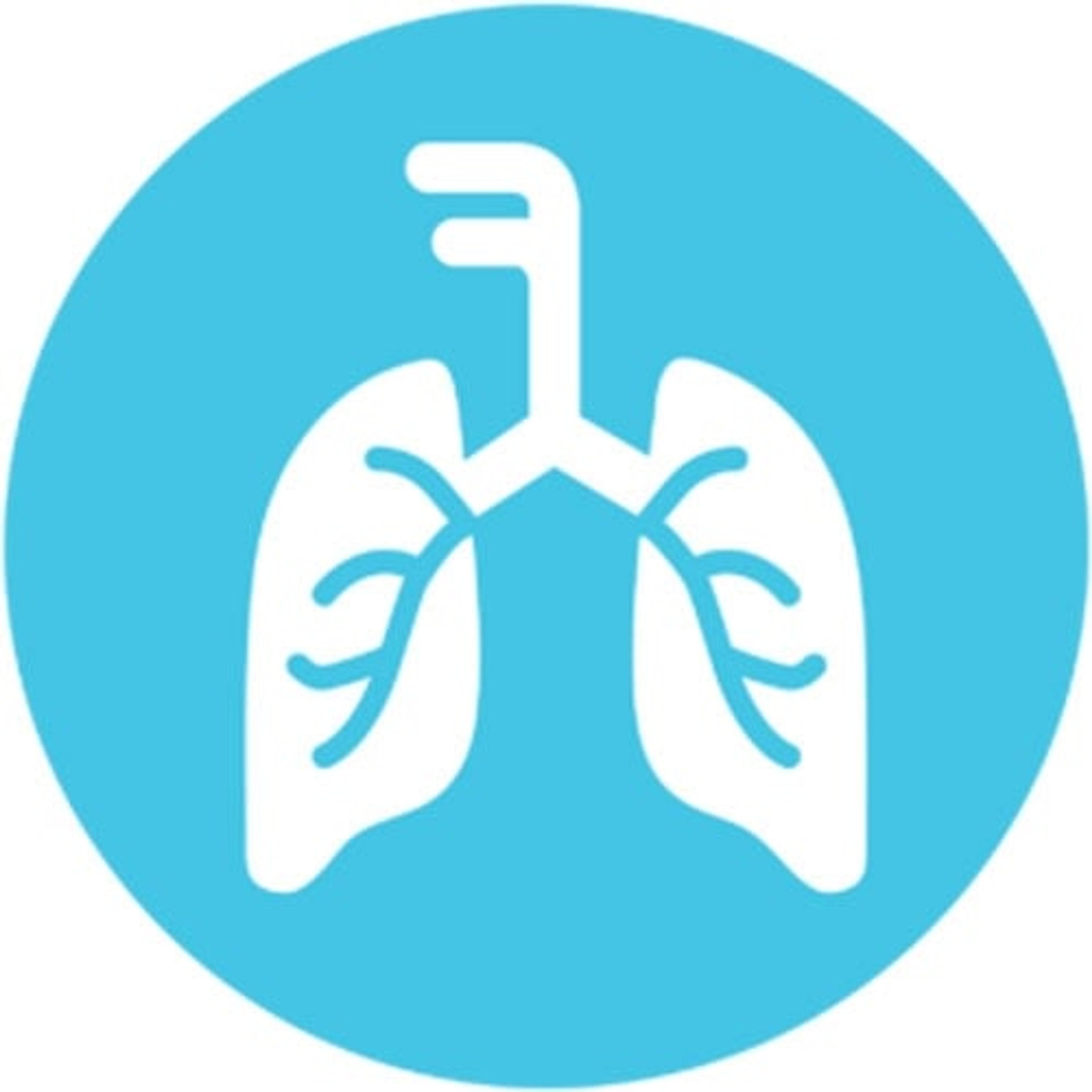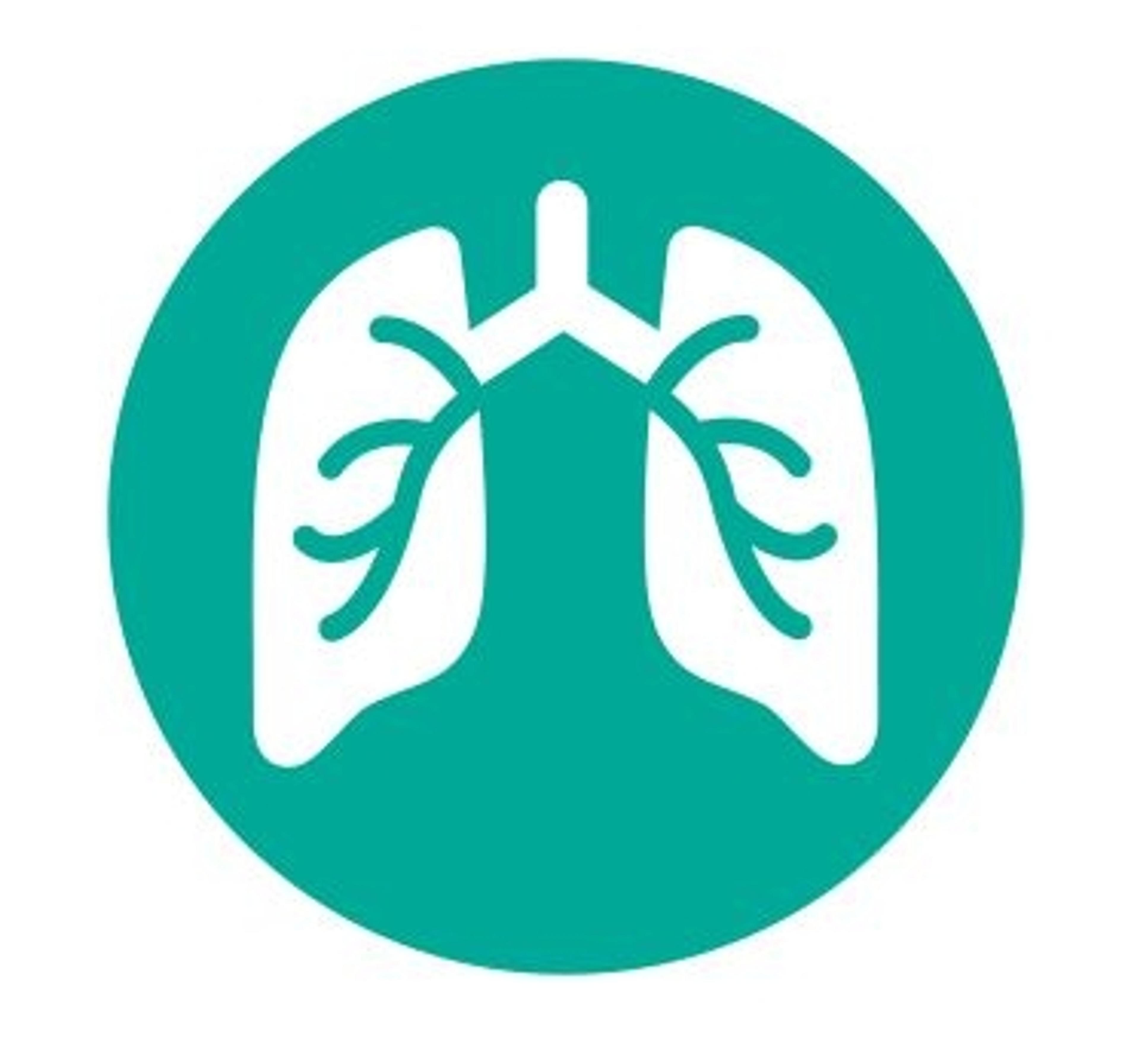Rapid diagnostics combat unnecessary antimicrobial use in pulmonary disease management
Discover how a rapid diagnosis between viral and bacterial pulmonary infections can minimize antibiotic usage in critical care
8 Nov 2023

Antimicrobials play a crucial role in the management of pulmonary diseases, including acute and chronic respiratory infections. In acute respiratory infections such as pneumonia, broad-spectrum antibiotics are often prescribed to target the causative agent. However, they are often used unnecessarily because it can be difficult for clinicians to quickly determine whether an infection is viral or bacterial, particularly in the emergency department. This overuse of antimicrobials is a major driver of antimicrobial resistance, which is a growing global concern as it continues to threaten the effectiveness of many important antibiotic treatments.
Speaking with SelectScience®, Dr. Daniel Feinstein, Clinical Physician Executive, Director Pulmonary & Critical Care Greater Winston Market and Tele ICU at Novant Healthcare, expands on some of the drivers of antimicrobial resistance and how antimicrobial stewardship interventions can help support a more effective and responsible use of these drugs in pulmonary disease management and critical care. Dr. Feinstein also describes how he has been able to achieve fast and accurate test results using bioMérieux’s rapid respiratory diagnostic tools, helping him to make more confident decisions about the right antibiotic treatment pathway and limit unnecessary antimicrobial usage.
The threat of antimicrobial resistance in critical care
Pulmonary disease symptoms are often similar and overlapping, making it very difficult to determine if the infection is caused by a virus, bacteria, or a combination of both, based on symptoms alone. Antibiotics are only necessary to treat bacterial respiratory infections but because of these challenges, they are overprescribed. It is estimated that 1 in every 2 patients with a respiratory tract infection receives antibiotics unnecessarily. This issue is particularly prominent in critical care settings, as broad-spectrum antibiotics must be prescribed as a first line of treatment without fully understanding the cause of a patient’s infection or whilst they are waiting for diagnostic results to come back. Dr. Feinstein explains, “In such situations, there is a greater emphasis on reducing the risk of the infection escalating to a life-threatening reaction such as sepsis, or indeed treating sepsis in the first instance to prevent septic shock, than antimicrobial stewardship. We never want to withhold antibiotics in a patient who's that sick and at risk for death if we are not providing rapid appropriate antibiotics.” However, as technology advances, significant progress can be made in providing the clinician with rapid and reliable information to determine when antimicrobials can be discontinued. To support this effort, bioMérieux has developed respiratory diagnostic solutions that promote timely, optimal therapy and allow for safe escalation or de-escalation of antimicrobials.
Combining the information from all three of these complementary diagnostic tests enables clinicians to make more accurate diagnoses and more selective and effective antimicrobial treatment decisions.
Dr. Daniel Feinstein
Clinical Physician Executive, Director Pulmonary & Critical Care Greater Winston Market and Tele ICU at Novant Healthcare
Personalized treatment guided by rapid respiratory diagnostics
Over the past five years, there has been a substantial progression in our ability to differentiate between viral and bacterial infections in pulmonary disease. One key player has been procalcitonin (PCT), a biomarker which is produced in the thyroid and lungs at low levels in healthy individuals and increases 100-fold during bacterial infections, such as bacterial pneumonia.
“Measuring PCT levels, with the VIDAS® B•R•A•H•M•S PCT™ test from bioMérieux in our case, not only helps us decide whether to initiate antimicrobial treatment but also helps us monitor response to treatment and de-escalate antibiotics, which can help support successful antimicrobial stewardship interventions,” Dr. Feinstein comments. “If PCT levels continue to trend negatively and clinical status is good, clinicians can confidently decide to shorten the course of antibiotics or discontinue them, minimizing antimicrobial exposure for the patient. This technology also provides an opportunity to cut back on unnecessary prescribing of antibiotics for pneumonia patients in critical care. Approximately 80% of pneumonia cases are actually viral and yet patients are frequently prescribed antibiotics whilst waiting for diagnostic results. If they are not critically ill, there is time to quickly evaluate their PCT levels before immediately prescribing antibiotics.”

Dr. Feinstein goes on to explain how PCT monitoring can help inform decisions to not only de-escalate antibiotic use, but also escalate use in critical care settings, especially in patients with bacterial pneumonia, where quick diagnosis and treatment are more crucial. “If a patient has been treated with antibiotics and their symptoms and PCT levels show no improvement or increase, it suggests potential issues like missed organisms, antibiotic resistance, or the need for source control, such as draining a surgical infection,” he states. “In these cases, because higher PCT levels are associated with an increased risk for mortality and higher acuity, it is necessary to use more aggressive antibiotic treatment and conduct further investigations to uncover the causes of the infection.”
To complement its VIDAS test, bioMérieux has also developed two other rapid, highly sensitive and specific diagnostic tools which can accurately pinpoint the specific organism causing an illness. The BIOFIRE® Respiratory 2.1 (RP2.1) Panel identifies 22 of the most common respiratory pathogens responsible for upper respiratory tract infections, including SARS-CoV-2, influenza, and respiratory syncytial virus. While the BIOFIRE® FILMARRAY® Pneumonia (PN) Panel tests for 33 targets associated with pneumonia, including potentially more aggressive pathogens that are resistant to certain antimicrobials.
“Combining the information from all three of these complementary diagnostic tests enables clinicians to make more accurate diagnoses and more selective and effective antimicrobial treatment decisions. This advancement not only helps support more appropriate use of antimicrobials, but provides a more comprehensive and personalized approach to patient care which can greatly improve patient outcomes,” explains Dr. Feinstein.
The challenges of antimicrobial stewardship
Antimicrobial stewardship is absolutely necessary to tackle issues surrounding antimicrobial overuse, however, the development of an effective antimicrobial stewardship program is faced with numerous challenges. “A major challenge is obtaining and utilizing reliable data to drive decisions regarding antibiotic use and initiatives aimed at minimizing misuse without causing harm,” Dr. Feinstein shares. “Another challenge lies in ensuring the appropriate use of rapid diagnostic tools like bioMérieux’s. For instance, it is essential to avoid using PCT in patients who should be excluded, such as those who are immunocompromised or have conditions like AIDS. Equally, failure to act on the data provided by these diagnostic tests undermines their purpose and effectiveness.”
Dr. Feinstein also emphasizes that sustaining the impact of an antimicrobial stewardship program necessitates continuous education to prevent a regression in proper practices over time, and that establishing authority within an antimicrobial stewardship committee is important. This can be achieved by integrating skilled and knowledgeable pharmacists into conversations with clinicians to help ensure informed decision-making. However, granting these experts the authority to limit antimicrobials without extensive discussions with clinicians can be a challenge.
Another often overlooked challenge of successfully implementing antimicrobial stewardship is the issue of operational hours. While responsible decision-making during the day is achievable, the same level of vigilance and communication may not be maintained out-of-hours, even though diagnostic results that require urgent action may be received in the middle of the night. Having systems in place to address such situations is crucial, allowing for timely decisions such as escalating and de-escalating antibiotic use.
A well-informed future
Looking ahead to the next 5 to 10 years, Dr. Feinstein expects there to be a growing emphasis on combining multi-target respiratory panels and pneumonia panels with PCT to diagnose pulmonary diseases, with further research solidifying the synergistic benefits of these tests. This will lead to improved confidence among clinicians and enable more effective antimicrobial stewardship and decision-making. He also anticipates the maturation of algorithms alongside additional BIOFIRE® panels, such as those for cerebral spinal fluid and gastrointestinal testing.
“I believe these types of rapid diagnostic tools are key to successful antimicrobial stewardship, but they need to be integrated across the entire patient journey, not just in the critical care setting,” explains Dr. Feinstein. “This will give a more comprehensive understanding of a patient’s health and enable clinicians to identify concerns or risks quicker, allowing for more prompt treatment to prevent patients from becoming critically ill.”
Dr. Feinstein also expects to see the combination of other markers, such as those that detect early kidney stress, with rapid diagnostics. Understanding the risks associated with antimicrobials and their impact on renal health could also guide antibiotic selection, ensuring the use of safer options for patients with renal conditions. Ultimately, the value of more advanced rapid diagnostic tests lies in their ability to not only diagnose the current condition but also contribute to the patient's long-term well-being. By providing insights that minimize future risks and improve outcomes, these tests will become integral to clinical treatment pathways and commitments to value-based healthcare.



